
Show Me The Body
Jesus Piece, Scowl, Zulu, and TRiPPJONES
Saturday, March 4, 2023
Doors: 7:00pm • Show: 8:00pm
with special guests Jesus Piece, Scowl, and TRiPPJONES
Show Me The Body is a New York City based ecClesiastical hardcore trio consisting of Julian Cashwan Pratt (founder; banjo and vocals), Harlan Steed (founder; bass), and Jackie McDermott (current drummer). The band has organized non-traditional, intentional DIY spaces for NYC youth since 2015, and since expanded that work to a global capacity through their urgent, ceremonial live shows, subterranean punk and hip-hop mixed tours, and their CORPUS NYC platform. Trouble the Water is the culmination of nearly a decade of barrelling against New York City’s structural ambivalence and indifference; an invocation to a like-minded global community to consider the alchemy of family-building, and of turning water to blood.
Trouble the Water both references and pays homage to the physical city, and the New York Sound: not one particular genre, but the people and subcultures that encapsulate it’s true foundation, style, and spirit; while expanding upon and reckoning with the hyperlocal territory of 2019’s Dog Whistle. With Pratt’s most encantatory, interrogative poetry to date, and Steed expanding the glitchy, caustic arena of his electronic experimentation, the band is feeling more like themselves than ever. The founding duo, who have worked together since 2009, used Trouble The Water to methodically inhabit one another’s forms; Pratt experimented recklessly with production and synths, while Steed challenged his own focus to include melodies and riffs.
Although the title invokes the ancient alchemy Moses wielded to free and unite Israelite peoples, Trouble The Water refuses nostalgia, or mimicry. Instead, it considers the sublime power of the unifying physical practices that can be enacted daily, to invoke immeasurable spiritual and collective reactions. Buoyed by moments of stinging stillness and compulsive, almost optimistic, malfunctioning rhythms, the work is literally a conjuration to dance, and move. If we are really living through the end of the world, maybe every movement we make, no matter how slight, is actually boundless and radical. How do we find freedom through rejecting time altogether, and existing only in communion, in space, and in the constellations we form as we choose our “blood” families? Or, as Pratt demands on Demeanor, “What’s better than when we come together? Fighting, dancing, fucking together.” Trouble the Water is at once a homily for those left behind or displaced, and a searing investigation of what survival looks like from within the borders of an aggressively policed city and state, that postures those unignorable calls for rage and migration to a world at war.
-
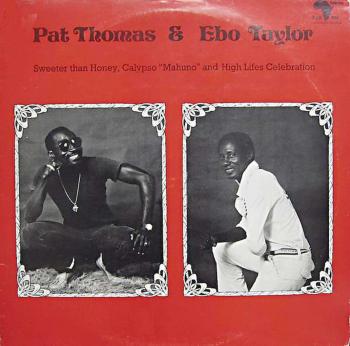
Jazz Is Dead: Ebo Taylor & Pat Thomas
Monday, May 12, 2025
Doors: 7:00pm / Show: 8:00pm
Jazz
-
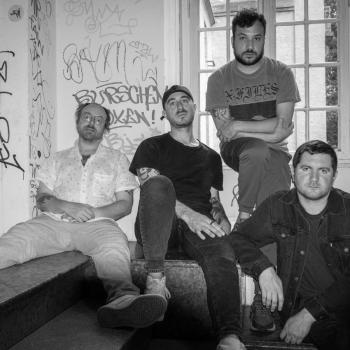
The Menzingers
Tuesday, May 13, 2025
Doors: 6:30pm / Show: 7:30pm
Punk
-
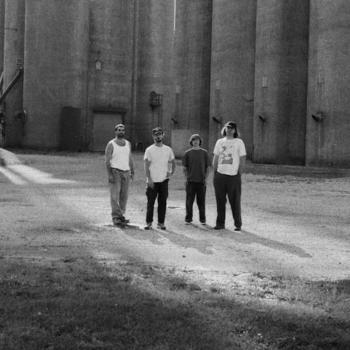
Turnover - 10 Years of Peripheral Vision
Monday, May 19, 2025
Doors: 6:00pm / Show: 7:00pm
Rock
-
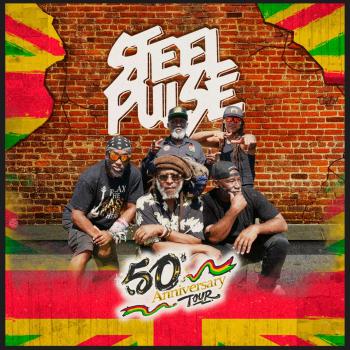
Steel Pulse
Thursday, May 22, 2025
Doors: 7:00pm / Show: 8:00pm
Reggae
-
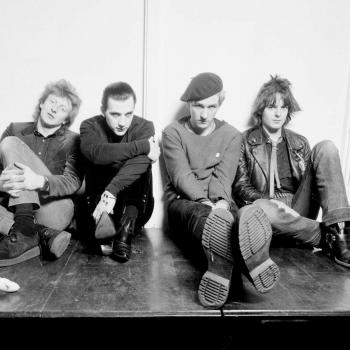
The Damned
Friday, May 30, 2025
Doors: 7:00pm / Show: 8:00pm
Rock
-

KASH DOLL
Saturday, May 31, 2025
Doors: 7:00pm / Show: 8:00pm
Hip-Hop/Rap
-

Pub Choir "Something To Do Tour"
Saturday, June 7, 2025
Doors: 7:00pm / Show: 8:00pm
Party
-
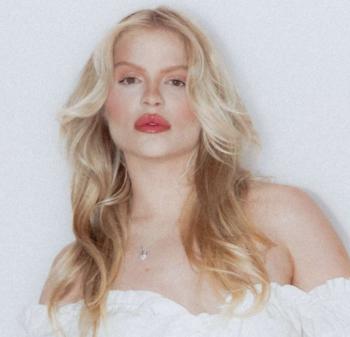
LUISA SONZA: ESCANDALO INTIMO US
Sunday, June 8, 2025
Doors: 7:00pm / Show: 8:00pm
Latin
-
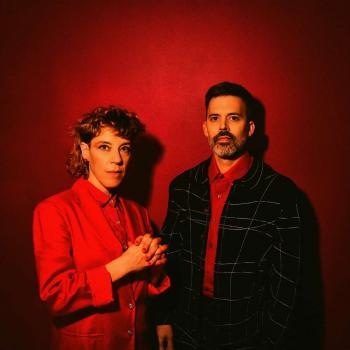
Tune-Yards
Friday, June 13, 2025
Doors: 7:00pm / Show: 8:00pm
Indie
-
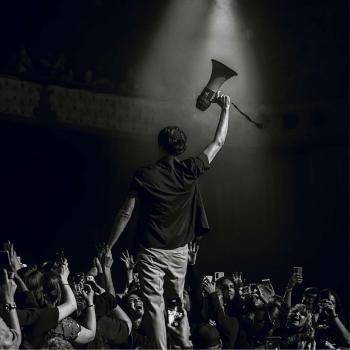
iDKHOW
Sunday, June 15, 2025
Doors: 7:00pm / Show: 8:00pm
Indie
-
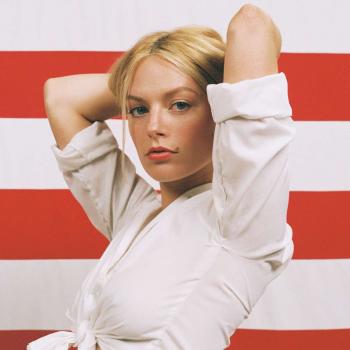
Ashe
Thursday, June 19, 2025
Doors: 7:00pm / Show: 8:00pm
Indie
-
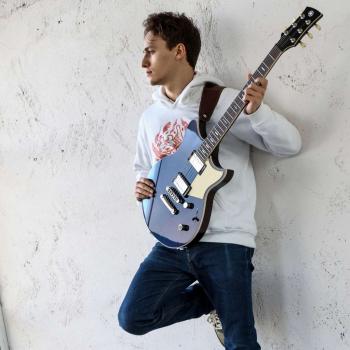
Matteo Mancuso
Friday, June 20, 2025
Doors: 7:00pm / Show: 8:00pm
Jazz
-
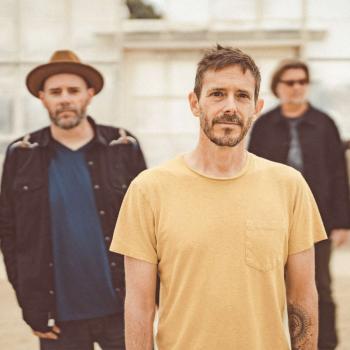
Toad The Wet Sprocket
Saturday, July 19, 2025
Doors: 7:00pm / Show: 8:00pm
Rock
-
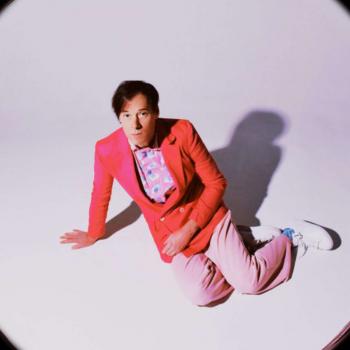
of Montreal
Sunday, July 20, 2025
Doors: 7:00pm / Show: 8:00pm
Indie
-
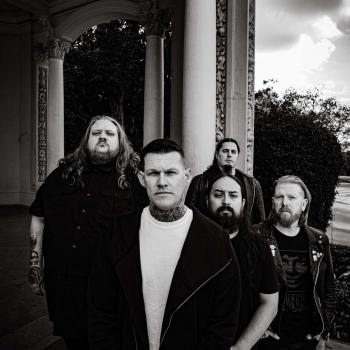
CARNIFEX “HELL CHOSE ME 15 YEAR ANNIVERSARY TOUR”
Friday, July 25, 2025
Doors: 5:00pm / Show: 6:00pm
Metal/Hardcore
-
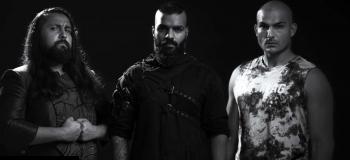
Bloodywood
Saturday, July 26, 2025
Doors: 6:30pm / Show: 7:30pm
Metal/Hardcore
-
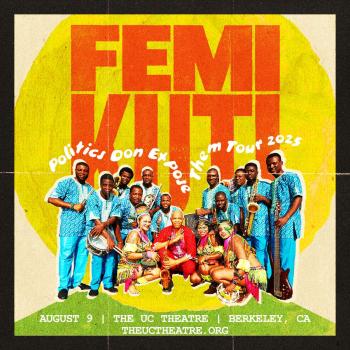
Femi Kuti & The Positive Force
Saturday, August 9, 2025
Doors: 7:00pm / Show: 8:00pm
World Music
-
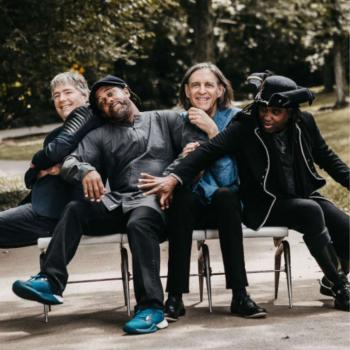
Béla Fleck and The Flecktones
Tuesday, August 26, 2025
Doors: 7:00pm / Show: 8:00pm
Country
-
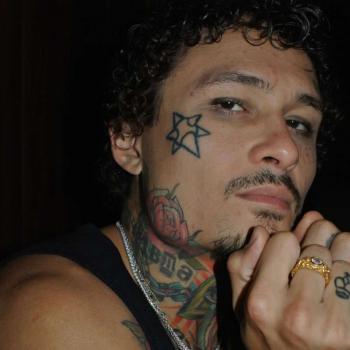
Morgenshtern
Friday, September 12, 2025
Doors: 7:00pm / Show: 8:00pm
Hip-Hop/Rap
-
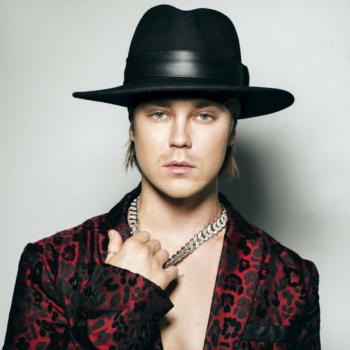
Artem Pivovarov
Saturday, September 27, 2025
Doors: 7:00pm / Show: 8:00pm
Electronic
-
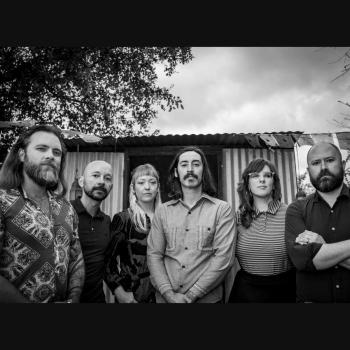
Murder By Death Farewell Tour
Tuesday, October 28, 2025
Doors: 6:00pm / Show: 7:00pm
Folk
-
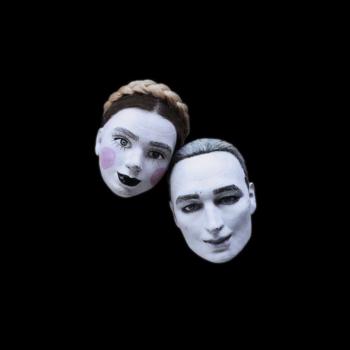
IC3PEAK
Saturday, November 8, 2025
Doors: 7:00pm / Show: 8:00pm
Electronic
-
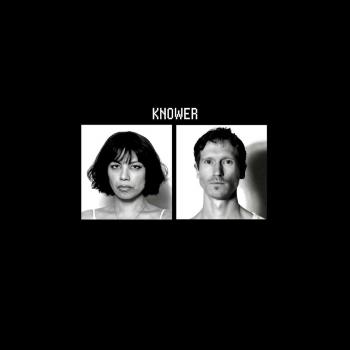
KNOWER
Friday, November 14, 2025
Doors: 7:00pm / Show: 8:00pm
Indie
-
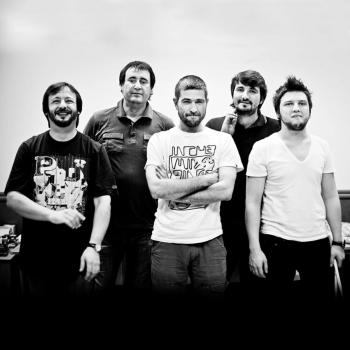
Splean
Tuesday, December 2, 2025
Doors: 7:00pm / Show: 8:00pm
Rock
-
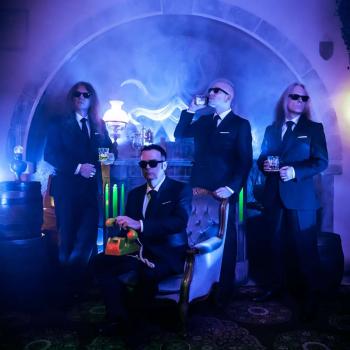
BLIND GUARDIAN SOMEWHERE FAR BEYOND TOUR
Friday, December 12, 2025
Doors: 6:30pm / Show: 7:30pm
Metal/Hardcore





